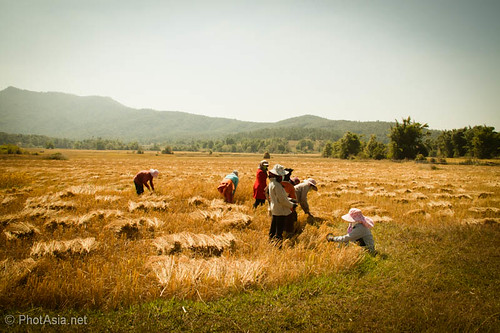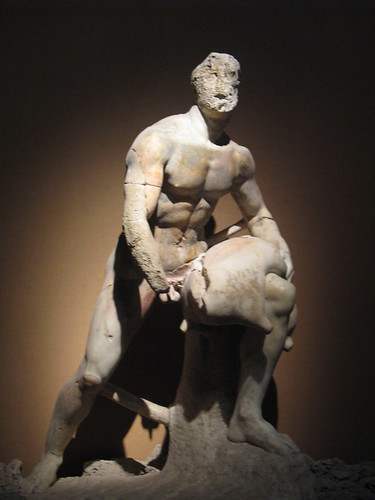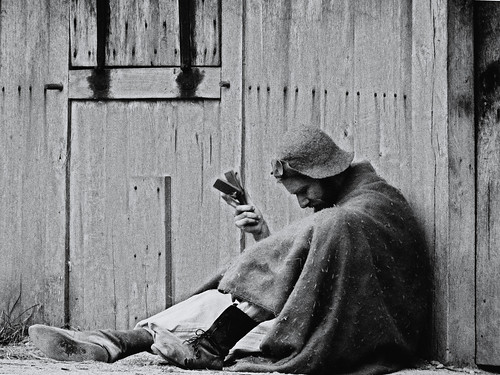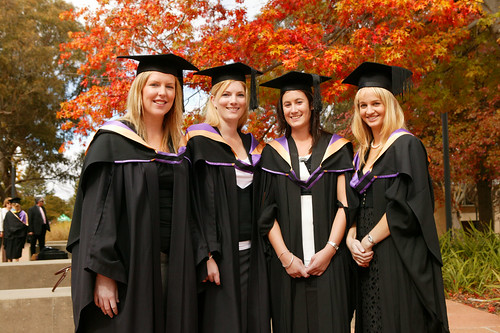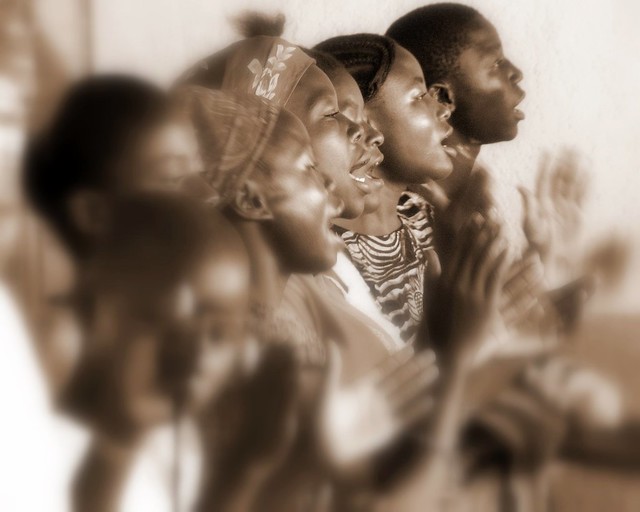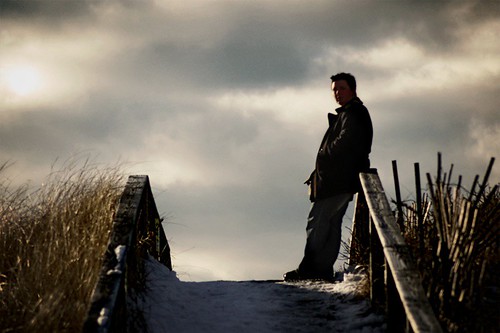My friend Charles is a pastor in Manhattan, and he was born in Korea. He came over to America as a young man... and started becoming a student of American culture. And Charles noted two messages from American pop culture that he kept hearing over and over, saying:
“Everywhere I look in American culture, I see two messages. And the first is to be a good person and make the right choices. The second is to be a successful person, to succeed in whatever you do. Be a superhero! Fight for justice and be powerful.”
That means you go to the best school, be the top of your class, get a promotion. Find the perfect life partner, have a successful life that allows you to buy a house and a nice car—and then send your kids to another successful college…
We believe that great things will happen if you are successful and good. So it’s very tempting us to live in pursuit of these things, thinking that then, I’ll be happy, I’ll be satisfied, life will go well.
But there are downsides to these paths. Like when you try to be good and follow all the rules— and yet you get bested by the folks who don’t play by the rules.
Or you pursue success—and then it comes up short when you actually get it. You get the new job... and it gets old so fast. The big wedding day is awesome, but is marriage just happily ever after? Or the baby we were supposed to want won’t sleep through the night. The money will buy us stuff we like—but it doesn’t take away the feelings of dissatisfaction we have in the world. So perhaps morality and success aren’t the path to joy…
So what’s the solution? How can we restore connection to God and others? Listen below, or read Leah’s notes for more.


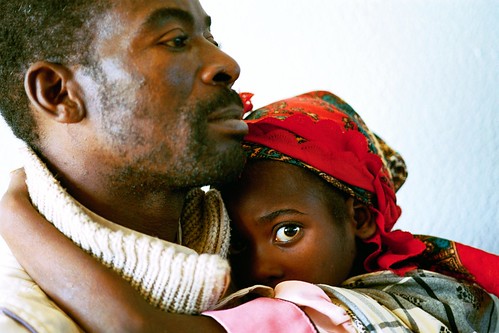


![By Liesel (Own work) [CC BY-SA 3.0 (http://creativecommons.org/licenses/by-sa/3.0)], via Wikimedia Commons](https://images.squarespace-cdn.com/content/v1/54a725b7e4b03d35acc7bbf7/1480699786653-7B1U7PM4D69MOM02Q4DA/image-asset.jpeg)


